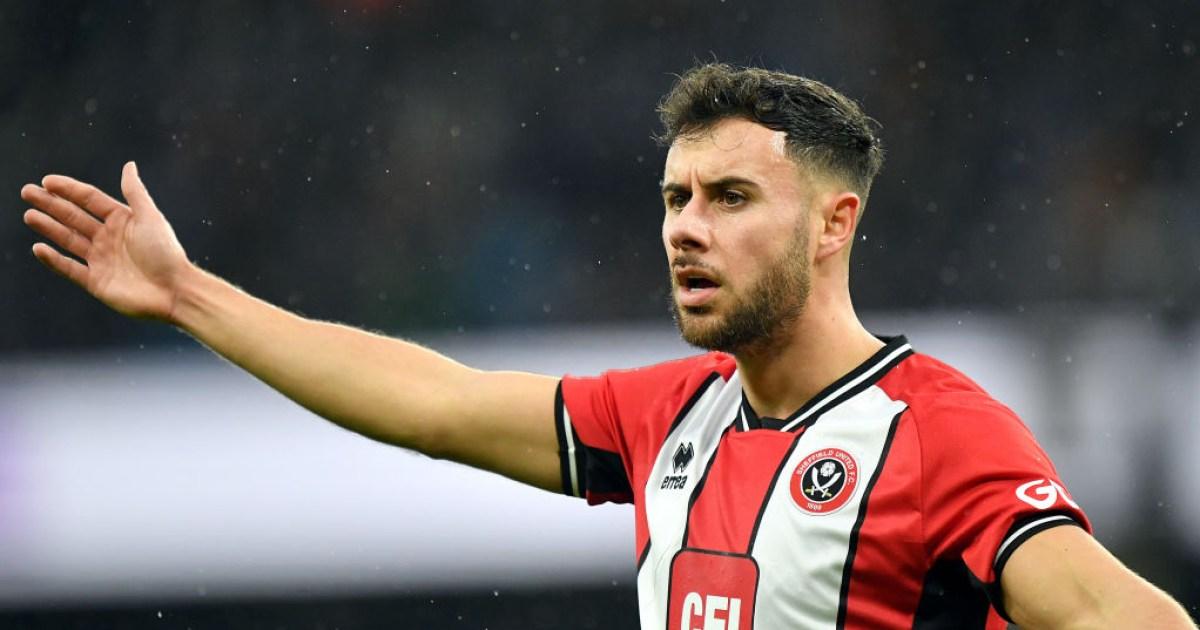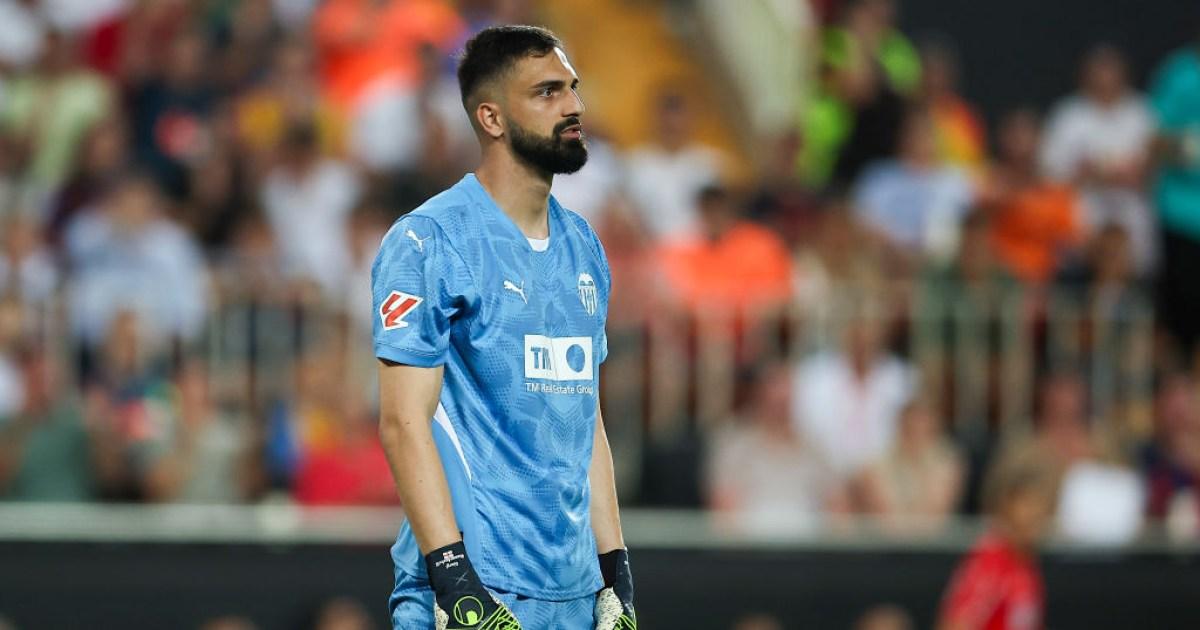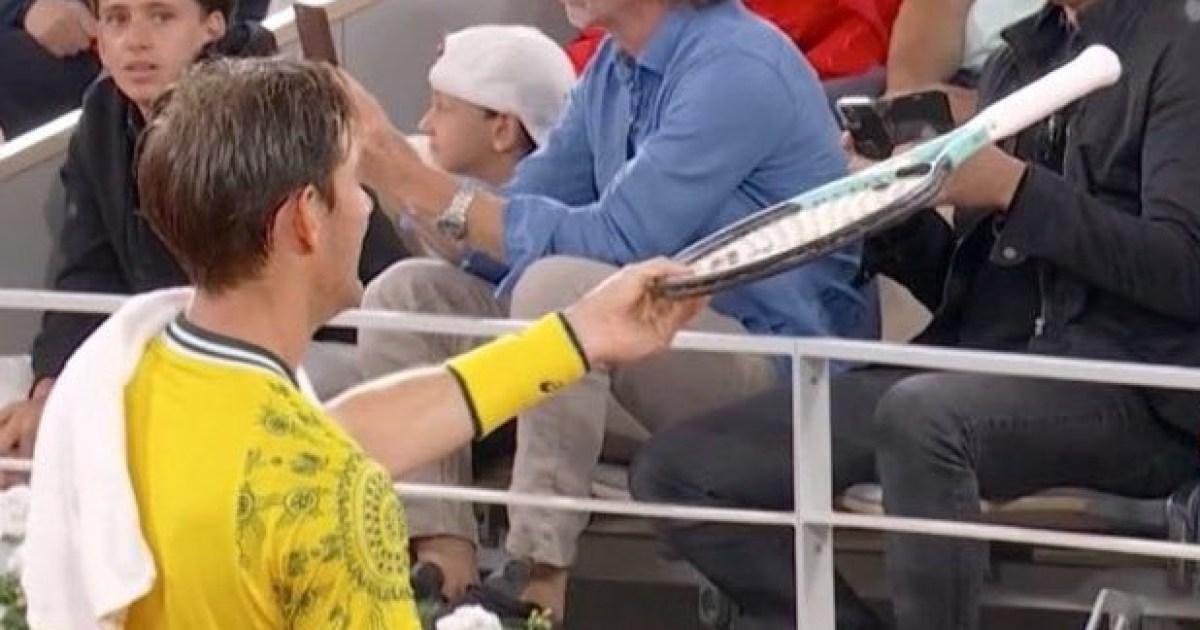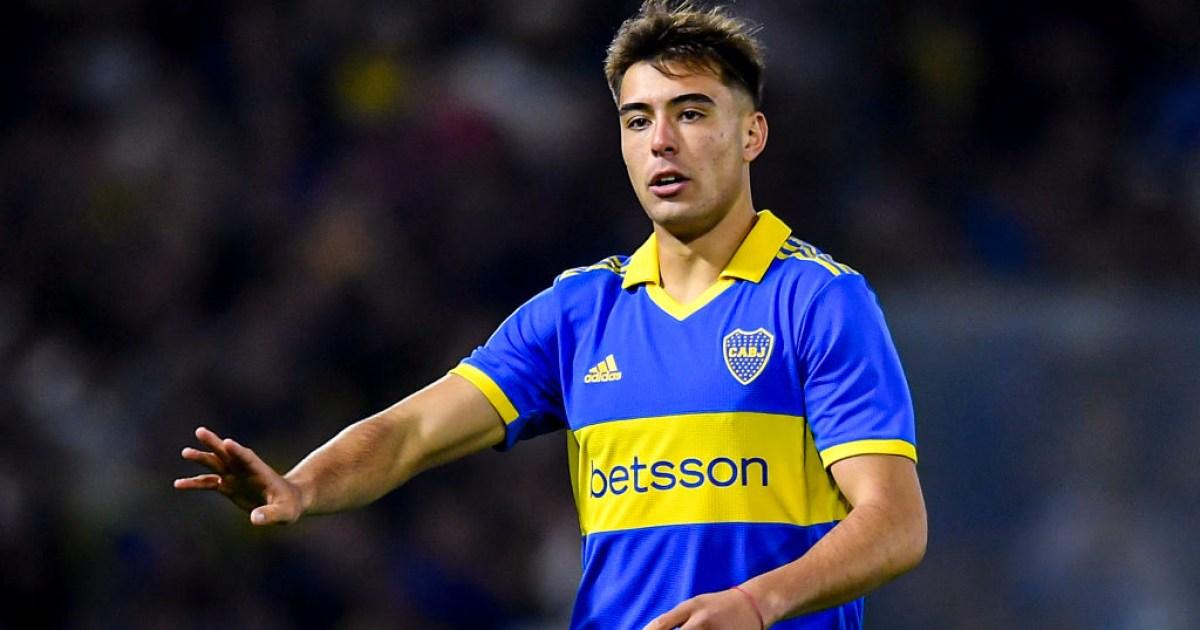It was a news-making episode, with a satisfying redemption arc, but Greg Inglis admits his 2020 Australian Story dubbed “Beating the Blues” offered something less than the complete picture.
In it, he had told hundreds of thousands of television viewers his life was “feeling back on track”, just two years after he was stripped of the Australian rugby league captaincy due to a charge of drink driving.
Although he revealed in the program he had been diagnosed with bipolar II, the 37-year-old now says he feels he wasn’t totally open, “because it was still raw”. If he was to do it again, he would be “more honest, because there was still a lot there that I’d closed off and didn’t want to share”.
And so four years later Inglis – after another rugby league retirement, a second marriage and days where all he wants to do is sleep – is done holding back. “Now you can ask me anything, I don’t really care,” he says. “I honestly don’t”.
He is still speaking to psychiatrists, including the high-profile professor Gordon Parker. His formal diagnosis is depression, anxiety and bipolar disorder, and he is still taking medication to stabilise his mood. “I just take one tablet at night before I go to bed,” he says.
The answers to these deeply private questions seem to come easily to Inglis, seated in the central Sydney office of the Goanna Academy, the mental health program provider he has established in rugby league retirement.
But he pauses before answering a question that has become central to his everyday: just how is he going? “I’m very content and very happy with myself and my surroundings,” he says, before adding: “It’s never easy, right?”
Across 32 Origins and 39 matches for his country, Inglis cemented his reputation as one of the best league players ever. Yet a serious knee injury in 2017 upended his routine, and struggles with mental health marked his exit from the game.
Transitioning into retirement, Inglis was compelled to apply his experience to help others. “We’re going to have challenges in our life, there’s no doubt about it, but don’t go down the track of, especially what I did, the alcohol and prescription drugs just to numb things.” With the partnership of long-time friend Brent Richardson, the son of former Souths and new Wests chief executive Shane Richardson, Inglis founded the Goanna Academy.
Its work involves Inglis, former Souths teammate Cody Walker and NRLW players Kennedy Cherrington and Jakiya Whitfeld, travelling to schools and businesses – with a particular focus on young First Nations men in regional areas – and starting conversations around mental health. They are supported by three staff, and share office space with Richardson’s sports consultancy Enrichd.
The work is challenging and rewarding. But rather than allow him to leave his struggles behind, it means Inglis revisits his past every day. Last year the academy delivered 35 programs across NSW high schools. “Some days I’ve been on the road and all I want to do is to sleep, I just don’t want to do anything because it was so heavy,” he says.
It might be in a library in Casino, or an after-school session in western Sydney, but the program starts in a similar way each time: there’s Inglis, standing in front of a room of eyes, wide with admiration. He may be a hero to a generation, but he is the one nervous and anxious about what comes next.
“It’s never easy going and telling your story, no matter how often you do it,” he says. “You have to be very genuine in the way that you tell it, you can’t just go through the motions, ‘oh this is what I’ve been through, hope youse are doing good’.”
Working closely with him is Cherrington, the Jillaroos and Blues Women’s State of Origin forward, who sees the toll it takes on Inglis. “Every time I’ve heard him tell his story, I even see his strength in telling it, his confidence, it’s more of a normal conversation now,” she says. “Sometimes he probably just has to take a deep breath now and then.”
Not only does Inglis bear the burden of his past, but also the futures of those around him. “That’s what we’re here for, we’re talking about preventative mental health and we’re targeting a younger audience, so they become really good leaders and vocal in how they are.”
Some of the thousands he has spoken to need specialist care, and suicide is raised regularly. Inglis speaks of one troubled teen with a directness, of a simple acknowledgement of the importance of the task. “We are changing people’s lives and we are also saving people’s lives,” he says.
after newsletter promotion
The Dunghutti man later dubbed G.I. was born in Kempsey, on the New South Wales mid-north coast, and was better known as “Grego” growing up in nearby Macksville. He was recruited as a teenager by the Melbourne Storm, who helped establish him in Brisbane before he moved to Victoria and became an NRL and State of Origin hero.
He signed with Souths in 2010 and won the club’s first premiership in 43 years, securing his place among the legends of the game. The enduring image of the Rabbitohs’ grand final defeat of the Bulldogs in 2014 was Inglis celebrating the final try with a goanna’s crawl.
Indigenous culture is core to Inglis. His cousin Preston Campbell was behind the establishment of the Indigenous All Stars side, which has helped First Nations players share and discover Indigenous and Torres Strait Islander connections since it was established in 2010. Inglis has led the Indigenous All Stars’ pre-match dance in the traditional season opener against the Māori All Stars.
He has transferred this pride into business. “When you pitch something, don’t lose your way, don’t lose your own values, or try to sell something that’s not you,” he says. “Be authentic, be you.”
His new path has inserted him into corporate boardrooms and politicians’ offices. He admits that “never in my wildest dreams would I’ve thought about pitching something to the Prime Minister, even though he is a mad Rabbitohs supporter.”
Cherrington says that experience gave the entire office a buzz, and encouragement their efforts were on the right track. “We got an email saying Greg is going to see [Anthony] Albanese and I was like, ‘what!?’,” she says, leaving her mouth wide open. “I just think that’s the coolest thing, the opportunity and the impact: we’re speaking to literally the Prime Minister and pitching ideas for the importance around mental health.”
In 2022 Inglis married girlfriend Alyse, who now also works at the Goanna Academy. He says he feels has the “right people” around him, and that his work-life balance is better than it has been, although his calendar is full. “I’ve never sat behind a computer consistently until four years ago,” he says.
Inglis still loves rugby league, but he’s relieved to step back from its relentless rhythms. “I especially love watching the women’s game,” Inglis says, adding he is helping NRLW stars Cherrington and Whitfeld where he can, though notes he is a mentor and “not a life coach”. While the Goanna Academy can be busy, he is unequivocal: “rugby league comes first”.
The man with 149 NRL tries – and two for Warrington where he ended his career in 2021 – now has his weekends free. “The last few years have been a whirlwind, but it’s been probably the best few years – lately – that I’ve had, losing track but finding myself again,” he says. “It’s never an easy journey but, you know, sometimes it’s a journey you’ve got to go through.”
The future immortal offers no boasts, just a commitment to his new life, and learning day by day. “You just keep growing and yes, you’re going to have setbacks, without a doubt, there’s no questions about it. But I feel like I’ve come to a place now where I’ve learned how to deal with it a lot better than I used to.”
In Australia, support is available at Beyond Blue on 1300 22 4636, Lifeline on 13 11 14, and at MensLine on 1300 789 978. International helplines can be found at befrienders.org







